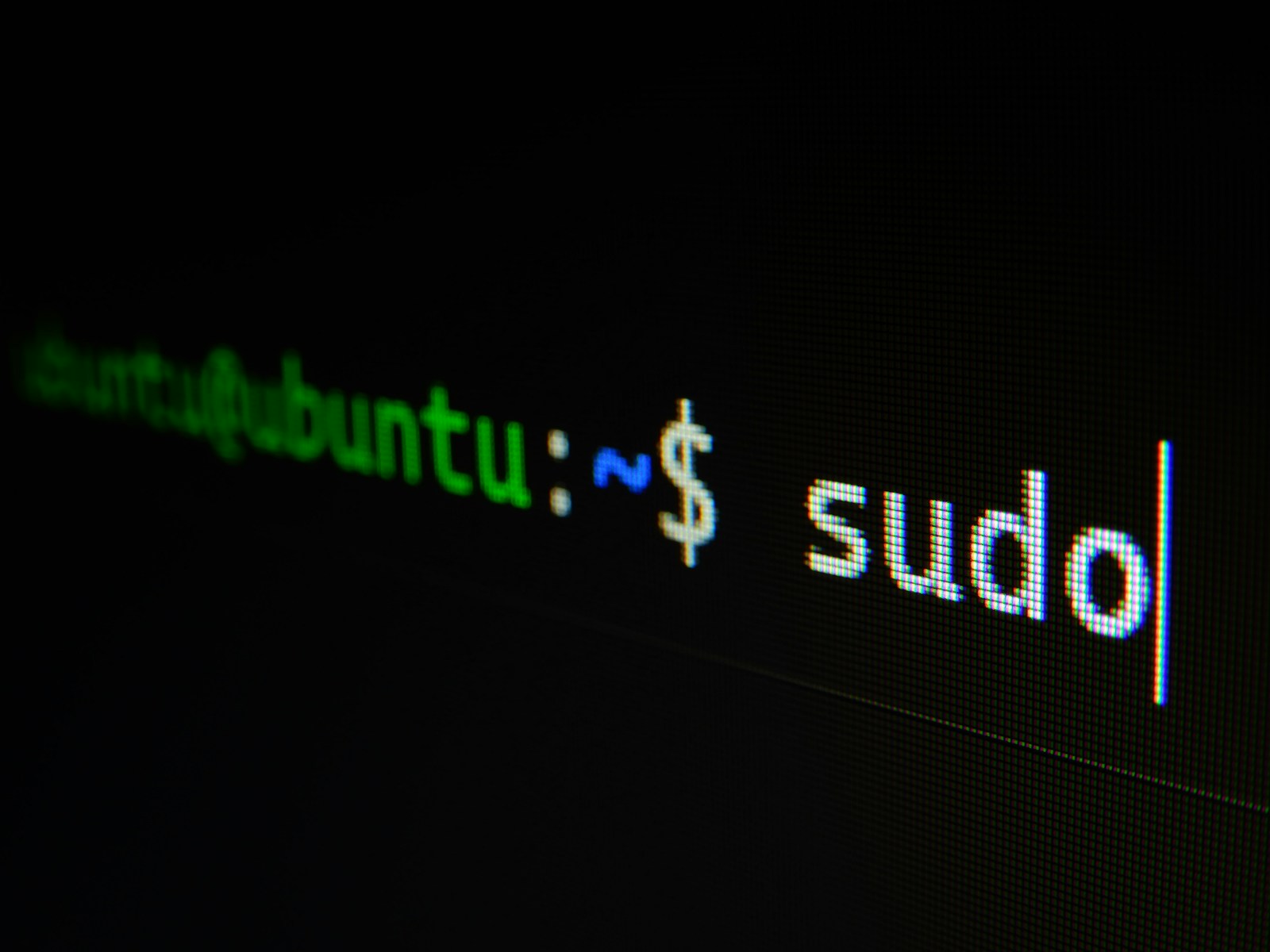In the vast and complex landscape of cybersecurity, Linux operating systems stand as both widely used powerhouses and significant targets for malicious actors. One of the most technically intricate threats to Linux systems is process injection, where attackers insert malicious code into legitimate processes to execute arbitrary actions covertly. This technique allows attackers to evade detection by masquerading as legitimate system activities. Given Linux’s critical role in infrastructure, cloud computing, and containerized applications, improving the detection of such evasion techniques is imperative.
This article expands on the principles and research findings discussed in Melissa Bischoping’s original SANS article, providing a deeper insight into the implications and practical applications of eBPF in combatting process injection in Linux environments.
Understanding Process Injection in Linux
Process injection in Linux can be performed using various techniques, each exploiting different aspects of the system’s operation. Popular methods include the misuse of the ptrace system call and the manipulation of the LD_PRELOAD environment variable. These techniques highlight the necessity for robust monitoring tools capable of detecting unauthorized code execution within process memory.
ptrace
The ptrace system call, traditionally used for debugging, allows one process to control another, making it a potent tool for executing code injection. Malicious actors can utilize ptrace to alter the execution flow of a process, inject malicious code, and execute it as part of the victim process.
LD_PRELOAD
LD_PRELOAD is an environment variable used to load specific shared libraries before others during process start-up. Attackers can specify malicious libraries that, once loaded, can intercept and manipulate function calls from the legitimate program, altering its behavior without modifying the executable.
The Role of Extended Berkeley Packet Filters (eBPF)
Emerging as a powerful tool in the Linux kernel, Extended Berkeley Packet Filters (eBPF) provides a lightweight, highly flexible system for monitoring and tracing kernel-level and user-space operations without changing kernel code. eBPF can be used to develop sophisticated monitoring tools that can detect and respond to process injection attacks in real-time, with minimal performance overhead. This capability is crucial in environments where performance and stability are paramount.
eBPF for Detection
eBPF allows security professionals to create custom monitoring tools that can trace system calls, track process behavior, and detect anomalies associated with process injection techniques. By leveraging eBPF, defenders can observe and interrupt malicious activities directly from within the kernel space, offering an unmatched level of visibility and control.
Recommendations for Enhancing Linux Security with eBPF
- Develop Custom eBPF Programs: Security teams should consider developing custom eBPF programs tailored to their specific security needs and threat models. These programs can monitor system calls related to
ptraceandLD_PRELOAD, providing alerts for suspicious activities. - Integrate eBPF with Security Tools: Integrating eBPF capabilities with existing security tools and platforms can enhance their ability to detect sophisticated attacks. This integration can provide a deeper insight into system operations and potential security breaches.
- Continuous Learning and Adaptation: As attackers evolve their techniques, so too must defense strategies. Regularly updating and refining eBPF scripts in response to emerging threats is crucial for maintaining robust security.
- Collaboration and Knowledge Sharing: Sharing findings and eBPF scripts within the security community can aid in the rapid dissemination of knowledge and defensive tactics, bolstering the overall security posture against process injection attacks across different organizations.
Process injection remains a significant threat in the realm of Linux security, requiring advanced tools and techniques for effective detection and mitigation. eBPF stands out as a revolutionary technology that offers granular visibility into system operations, making it an essential component of modern Linux security strategies. By leveraging eBPF, cybersecurity professionals can enhance their defensive measures, ensuring robust protection against sophisticated process injection attacks. As Linux continues to underpin critical infrastructure and services, the role of technologies like eBPF in cybersecurity will undoubtedly grow, underscoring the need for continuous innovation and vigilance in the face of evolving cyber threats.


